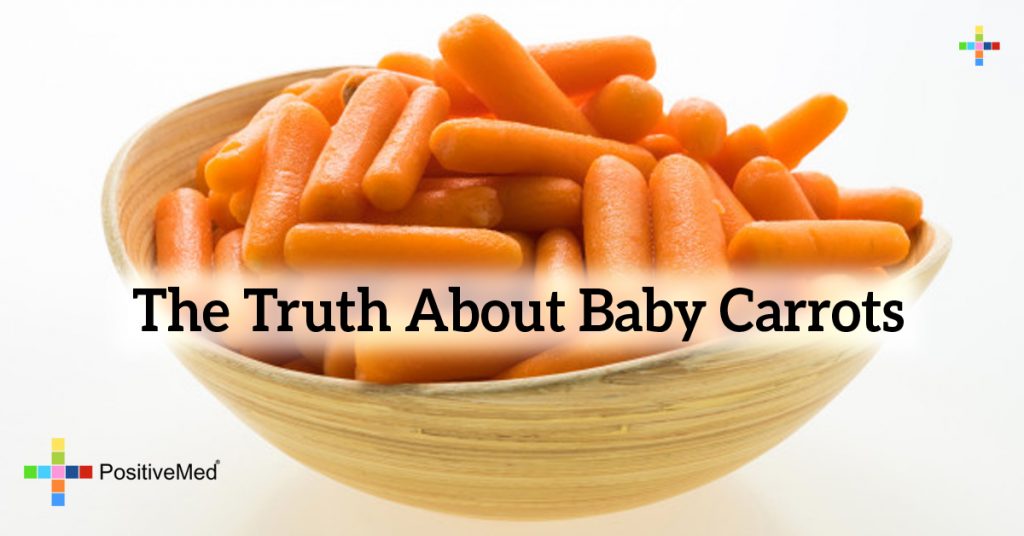
The Truth About Baby Carrots
Baby carrots are not just a staple in kitchen’s and lunch boxes throughout the world, they are one of the fastest growing pieces of produce that is available today. In addition to beating out staples such as potatoes and corn in some stores, they also happen to be under some of the most intense scrutiny in the industry. A number of stories, both true and untrue, have been spread about baby carrots, so here is a closer look at this produce, how they are made, and what potential health risks they may present a family with.

Baby Cuts
Almost all of what is consumed in the United States today that is labeled as a baby carrot is technically known as a “baby cut” carrot. This means that carrots are grown well past the size of what is traditionally known as a baby carrot and then cut down to the proper dimensions. Currently, most carrot producers utilize over 400 different varieties of carrots in order to improve the ideal qualities of a carrot such as its sweetness, bright color, and crispiness. Originally, baby carrots were the smaller carrots that did not fit the uniform size of larger carrots and were sold as a quick snack to locals.
How They Are Made
From the moment that the baby carrot seeds are planted, the process will differ from full-size carrots. The carrot seeds that are chosen are extremely fast-growing and planted very close to one another in order to improve the overall yield. In as little as 120 days, the crop is harvested and the process of actually reducing their size begins. Carrots are separated, peeled, and then cut down to a uniform length and width. Next comes one of the most controversial steps in this process: the chlorine bath.
Baby Carrots and Chlorine Baths
For those that are mindful about their own health and the health of their family, hearing that a snack labeled as a health food is soaked in chlorine can be shocking. In most baby carrot treatment plants, the baby carrots are given a chlorine bath immediately after cutting. While avoiding all chlorine is ideal, these carrots are soaked in a solution that is as little as 4 parts per million (ppm). This means that the ratio of chlorine to water is similar to tap water in many districts.
How Healthy Are They?
All producers that use a chlorine bath to disinfect their vegetables and their equipment must adhere to strict EPA guidelines for health. The overall amount of chlorine that will eventually be consumed is negligible, but this still isn’t enough for many health enthusiasts. For those that would like to avoid chlorine completely, larger carrots can be cut down to a snack size at home. If this is the case, however, it may be time to consider investing in more filters for tap water, dishwashers, and showers around the home.





